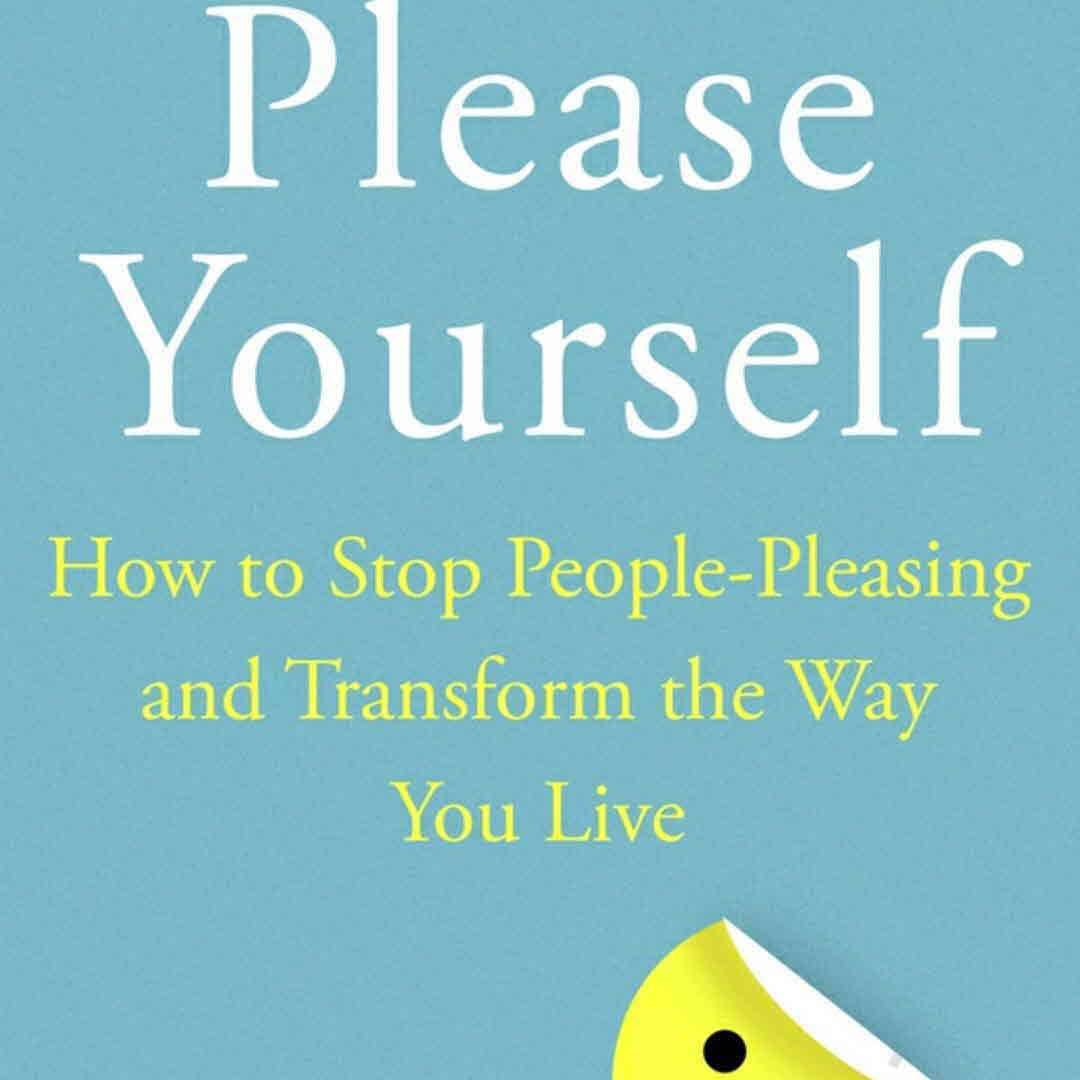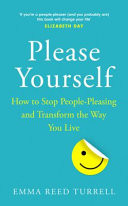
It begins by discussing four pleaser profiles: classic, shadow, pacifier, and resistor. Subsequent chapters explore, with numerous illustrative case-studies, various pleaser-roles: as child, parent, friend, partner, colleague etc. What lets the book down is the limited solution offered. It never really gets beyond "Notice how you are behaving. Try to trace it back to a pattern learnt in childhood. Now act differently." (See comment below)
quietlycuriouskate Eg. If someone is a pacifier because the slightest whiff of conflict terrifies them, then even to mildly challenge another can cause their body to respond as if it's an actual threat to life and limb. This is not addressed. 4y
GingerAntics What a let down. I got excited when I saw the title, but I guess it‘s not worth the read. “Just stop people pleasing” is not helpful advice. 4y
26 likes2 comments













